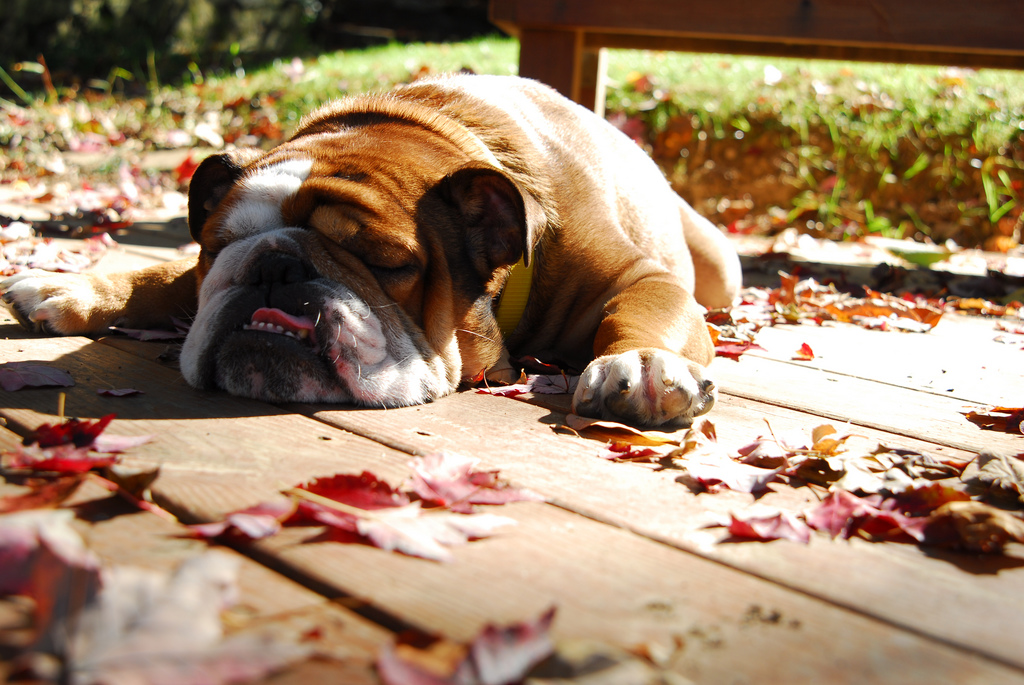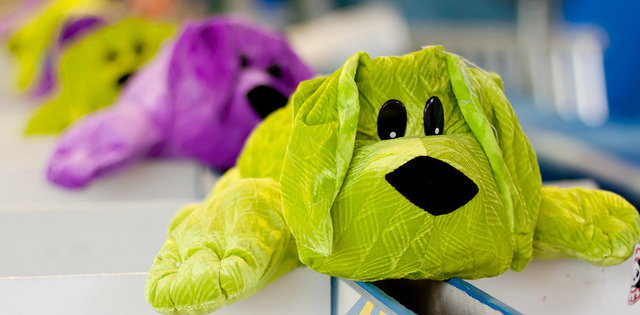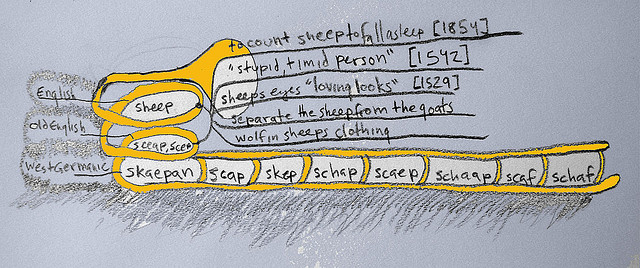Julianne Robertson investigates the world of snoozes, forty winks, cat naps and snoring. What is SLEEP, why do we need it, and how much sleep do kids need?
A couple of nights ago I was feeling really, really tired, so I went to bed early. I slept soundly, without even dreaming, until about 5am, when I woke up. It felt like I’d only been sleeping for about 5 minutes! After that, I fell back to sleep but had lots of vivid dreams and when I woke up a couple of hours later, it felt like I’d been asleep for a long time. After all that I still felt well-rested and was ready for the day.
All this made me wonder – what IS sleep? Why is it that some nights we feel like we’ve had a really good nights’ sleep, while other nights we still feel tired when we wake up in the morning? Here’s what I’ve discovered about sleep…




